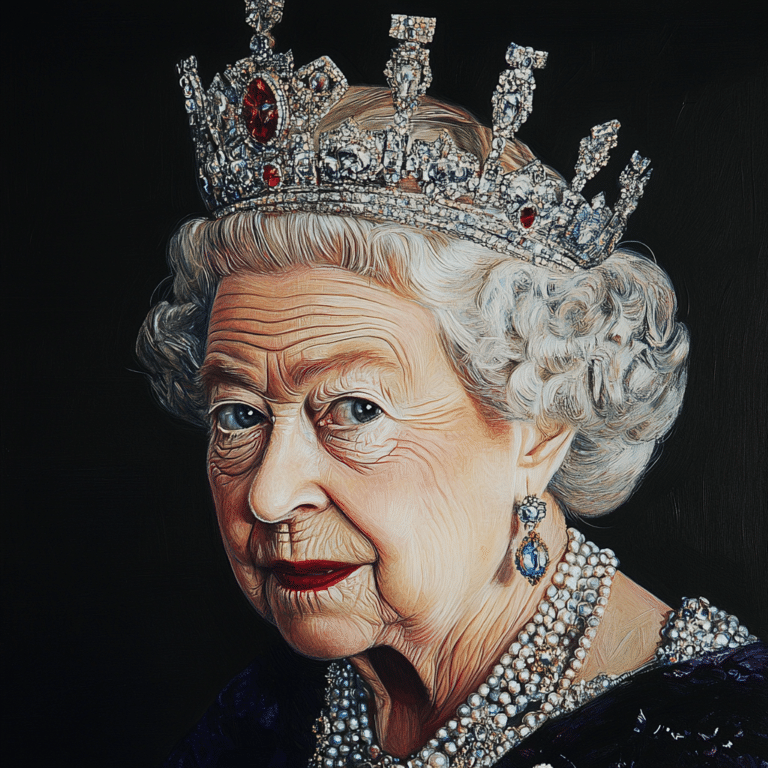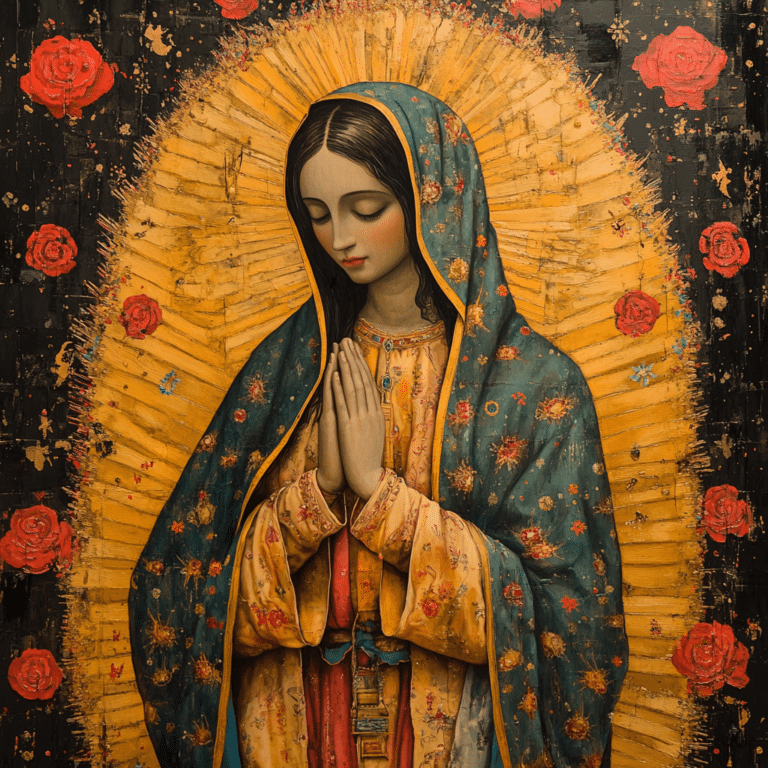The story of Dee Dee Blanchard is both fascinating and chilling. Born on September 24, 1967, in Chackbay, Louisiana, the pieces of her life puzzle together to reveal a portrait of a mother whose actions twisted the notion of love into something dark and complex. If you think you’ve heard everything about this story, think again! There’s more lurking beneath the surface. Let’s dive into the intricate details that illuminate Dee Dee’s tragic life.

1. The Early Years of Dee Dee Blanchard: Childhood and Family Dynamics
Dee Dee’s childhood was anything but stable. Growing up with a mother battling mental illness significantly impacted her. The early family traumas she experienced left their mark, laying the groundwork for Dee Dee’s later actions. After all, when the seeds of chaos are sown at home, they can blossom into alarming behaviors.
The relationship with her mother was a complicated affair. Instead of nurturing love, Dee Dee encountered a parenting style that may have skewed her understanding of what it meant to care for someone genuinely. She became hungry for attention, which would form the basis of her later actions. It’s like she picked up a twisted playbook on motherhood and started following it, leading to a string of heart-wrenching decisions.

2. The Formation of a House of Cards: Munchausen Syndrome by Proxy
Dee Dee Blanchard began exhibiting symptoms of Munchausen Syndrome by Proxy (MSBP), where caregivers induce illness in those they care for. Her victim? None other than her daughter, Gypsy Rose. It’s a harrowing cycle where control, deception, and an overwhelming need for sympathy intertwined like the characters from an adult film gone awry. Yet this was no scripted drama; it was life unraveling in real-time.
The psychological motives behind these behaviors are chilling. Dee Dee seemed to thrive on the attention her daughter’s supposed illnesses attracted. From claiming Gypsy had leukemia to insisting she suffered from muscular dystrophy, Dee Dee wove a tapestry of deceit that would eventually entrap both of them. The sympathy she courted overshadowed the very real suffering inflicted on Gypsy, illustrating a sad irony in the quest for attention.
3. Living in a Prison: Gypsy Rose’s Enforced Illness
Imagine living in a prison where the bars are your own mother’s lies. That was Gypsy Rose Blanchard’s life. From the day she was born, Gypsy was conditioned to believe she was sick, which led to numerous hospital visits and unnecessary treatments. This section brings to light the psychological and physical toll that Dee Dee’s actions took on her daughter.
With every fabricated illness came further control over Gypsy’s life, limiting her independence and perception of her reality. Picture this: a child growing up thinking it’s normal to undergo surgeries and take medications for ailments that never existed. As Gypsy was kept in this suffocating reality, Dee Dee portrayed herself as the devoted mother, garnering sympathy from everyone around.
4. The Breaking Point: Gypsy’s Search for Freedom
As Gypsy entered her teenage years, the cracks in Dee Dee’s façade began to show. The oppressive environment created by Dee Dee became a breeding ground for rebellion. Gypsy discovered online communities that opened up new avenues for connection, allowing her to see glimpses of what a normal life could be. It was like unearthing a hidden treasure trove of independence!
The digital world became Gypsy’s escape route. She used these online platforms to express her desires, form friendships, and, ultimately, hatch a plan for her freedom. After years of being imprisoned in her mother’s web of lies, Gypsy’s quest for autonomy was more than just a teenage rebellion—it was a desperate cry for liberation.
5. The Ultimate Betrayal: Murder as an Act of Liberation
On June 14, 2015, Dee Dee Blanchard’s life came to a shocking end, and what followed left the world gasping. The murder was not a random act of violence but rather a culmination of years of psychological abuse and deprivation. This section dives into the moral dilemmas surrounding Gypsy’s actions.
Was this a calculated act of liberation, or was it a tragic outcome of a lifetime of abuse? It’s like trying to decide whether a villain is a product of their environment or simply evil. The legal ramifications were staggering, as Gypsy faced charges for the very act that offered her a chance at freedom. This curious case of morality raised a lot of eyebrows, permeating discussions surrounding victimhood and justice.
6. Media’s Role: The Public Fascination with the Blanchard Case
After Dee Dee’s death, the media frenzy began. Gypsy and Dee Dee became household names in a breathless rush of documentaries and dramatizations, including the series “The Act.” While the fascination was potent, the ethical implications of storytelling quickly came into play. Was the media simply telling a story, or was it exploiting the tragic events for ratings?
Public perception often skews when sensationalism takes center stage. There’s a fine line between respectful storytelling and voyeuristic exposure. The Blanchard case has become a prime example of how society grapples with the stories behind abuse while trying to understand the individual lives at the center of such tragedies.
7. The Aftermath: Gypsy Rose’s Life Today
Fast forward to today, and Gypsy Rose Blanchard is on a journey toward reclaiming her identity outside the shadow of her mother. After serving time for her role in Dee Dee’s death, Gypsy has become a voice for victims of abuse. Her transformative journey reflects immense inner strength, and she’s shining a light on issues many would rather ignore.
Instead of being defined by her past, Gypsy is working to redefine herself. She’s raised awareness about Munchausen Syndrome by Proxy, offering hope to others who may suffer in silence. Her story has become one of survival and empowerment, showing that even after trauma, the human spirit can endure.
An Innovative Perspective on Dee Dee Blanchard’s Tragic Story
The narrative surrounding Dee Dee Blanchard is not just about a mother and daughter caught in a tragic web of deceit. It’s a powerful tale that encapsulates love, manipulation, and the impact of mental illness. As we revisit their story, we recognize the struggles many face in the clutches of toxic familial relationships.
The forces of dysfunction can warp what should be a nurturing bond, leaving both victims and observers asking, “What went wrong?” Dee Dee’s actions serve as a painful reminder of the hidden struggles behind closed doors. As Gypsy continues navigating her life post-incarceration, we are left pondering the meaning of justice and the shadows cast by her mother’s profound dysfunction. Reading about Dee Dee Blanchard and her daughter’s harrowing story offers not just insight, but a vital lesson on the importance of recognizing and addressing the unseen battles many endure behind the smile of a seemingly devoted parent.
Dee Dee Blanchard: The Tragic Story Behind Gypsy Rose
A Life Full of Secrets
Dee Dee Blanchard was a complex figure whose life played out under a meticulously crafted facade. Born in 1967, she was notorious for perpetrating an elaborate form of medical abuse known as Munchausen syndrome by proxy against her daughter, Gypsy Rose. This deception led many, including doctors and friends, to believe Gypsy was chronically ill. Ironically, Dee Dee’s obsession with maintaining this illusion turned into a tragic narrative, reminiscent of characters like Eddie from Stranger Things. Just as Eddie had to confront his own challenges, Gypsy ultimately had to face the terrifying reality of her mother’s control.
The Illusion of Wellness
Dee Dee’s intense need to gain sympathy and support often attracted attention, similar to how fans gravitate towards engaging shows like Rick And Morty season 7. Who doesn’t want to indulge in a captivating story? Her life, shrouded in lies and deceit, mirrored the drama that keeps viewers hooked. Shockingly, she even managed to convince Gypsy that she suffered from various ailments, all the while manipulating her daughter’s medical history. This engaging narrative might evoke thoughts about the ways people can exploit trust, bringing to mind discussions surrounding holistic wellness in recovery that emphasize the importance of genuine support over fabricated illness.
The Road to Recognition
Despite the turmoil, it’s worth noting that Dee Dee’s saga has shed light on real issues regarding parental control and mental health. The aftermath of this tragedy has opened up conversations about recognizing signs of abuse, much like how fans resonate with characters in gripping stories. In various media pieces, including documentaries, Dee Dee’s role is often dissected in layers, similar to how the character dynamics play out in Bluey Videos, where complex relationships among characters are laid bare in an understandable way.
Even actors like David Suchet have portrayed characters grappling with deception, attracting audiences into the darker sides of human nature. Ultimately, the tale serves as a reminder of the importance of awareness and vigilance in protecting those who might be vulnerable. As many have pointed out, the impact of this chilling story goes beyond just the headlines—it reveals cracks within the societal foundation that need addressing, drawing parallels to the captivating narrative arcs seen in various entertainment forms, just as wrestling fans would appreciate the skill of Frankie kazarian in crafting engaging performances.























